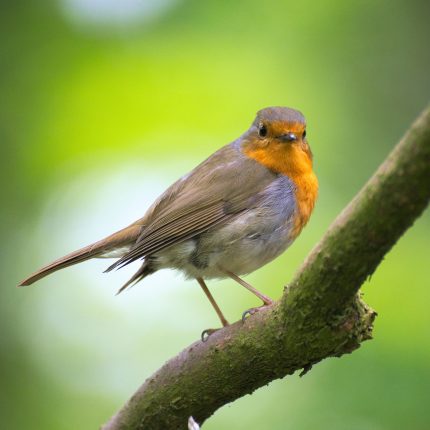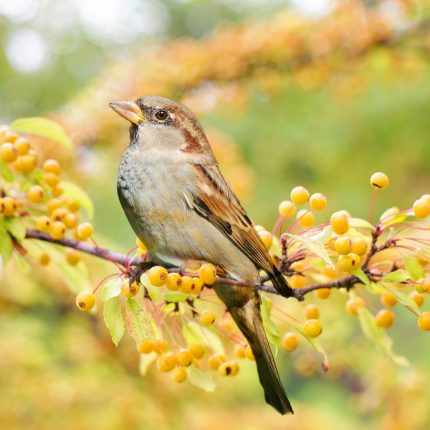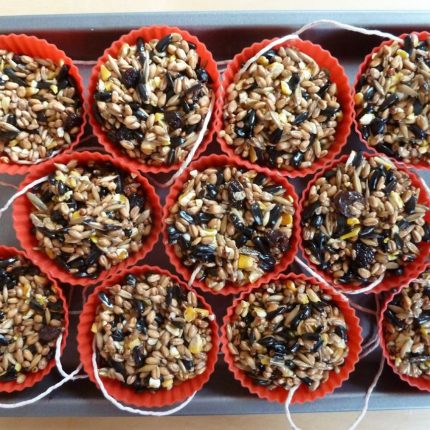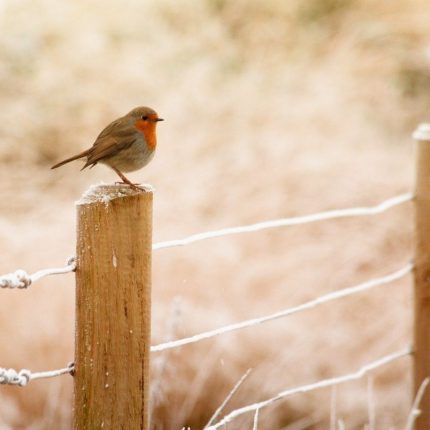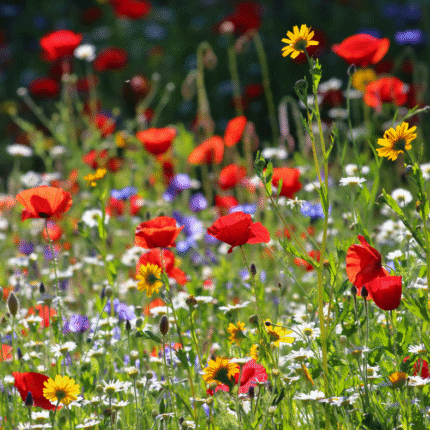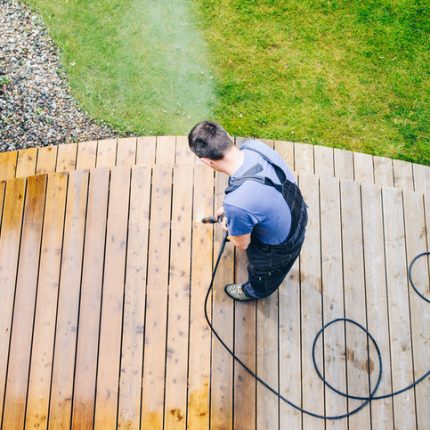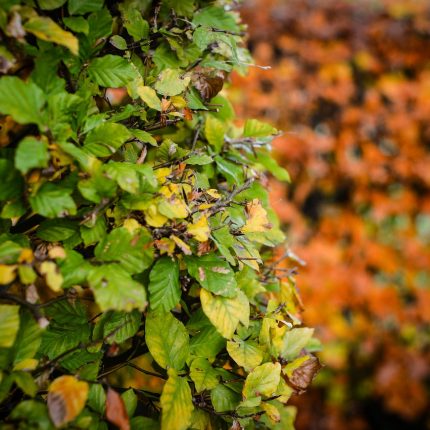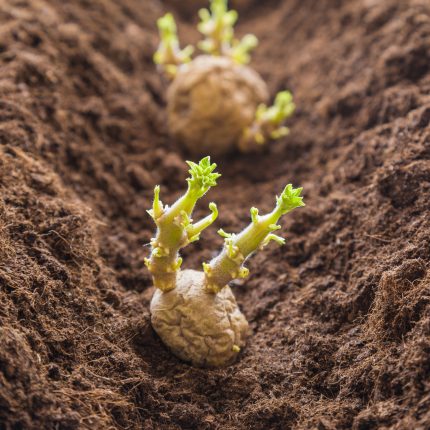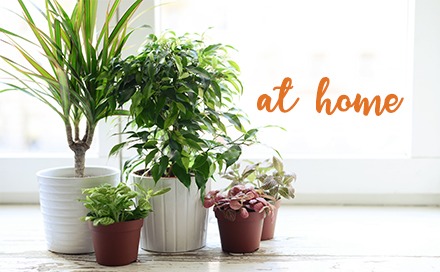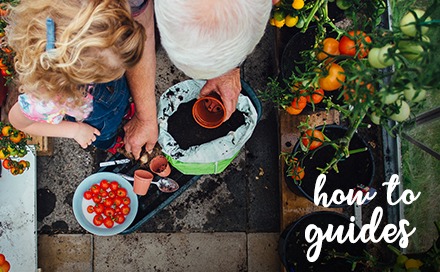Feeding Wild Birds Made Easy: 8 Things You Need to Know
There’s something special about pausing for a moment to watch wild birds flit through your garden, their bursts of colour, their cheerful chatter, and the life they bring even on the dullest days. Feeding wild birds is a wonderful way to connect with nature, especially during the colder months when food is scarce. But to truly support our feathered visitors, it’s important to feed them thoughtfully.
From choosing the best foods to keeping your feeders clean and safe, here are eight essential things every nature lover should know about feeding wild birds.
1. Where should I place bird feeders?
Choosing the right location makes a big difference to how safe and inviting your feeding area feels. Birds need to eat without constantly watching for predators, so position feeders at least two metres away from trees, hedges, or fences. This gives them a clear view of approaching danger while still offering nearby cover to retreat into if needed.
If your garden is small, try placing feeders near dense shrubs or climbing plants that provide shelter without creating easy ambush spots for cats. Avoid open, exposed spaces where birds may feel vulnerable or where strong winds could scatter seed.
A sheltered corner near a window or patio is ideal, you’ll enjoy watching your visitors up close while keeping the feeding area protected from rain and harsh weather.
2. When is the best time to feed birds?
Timing your feeding can help birds maintain their energy, especially in winter. After long, cold nights, birds wake up with empty stomachs and need to refuel quickly to stay warm and active. The best time to put out food is early in the morning, so they can replenish their energy right away.
If you’re home later in the day, a second top-up around mid-afternoon can be useful too, this helps birds build up reserves before nightfall. Consistency is key: if birds learn that your garden offers reliable food, they’ll return regularly and may even bring their young come springtime.
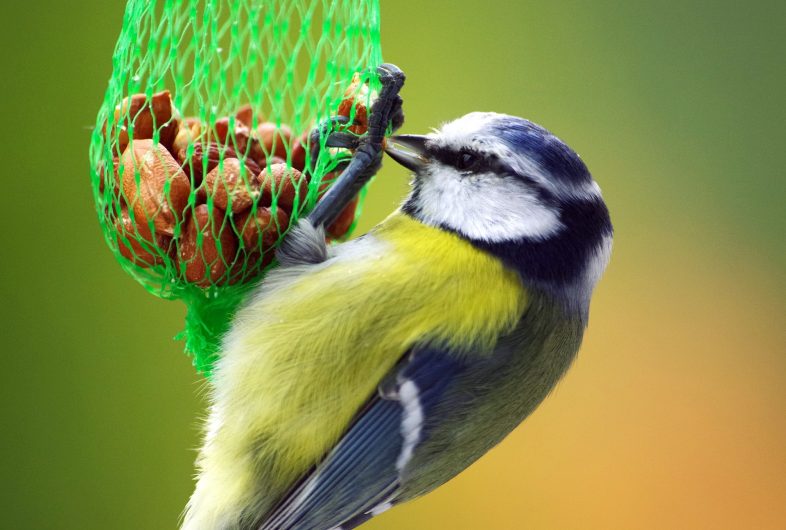
3. Do birds need water as well as food?
Yes, food alone isn’t enough. Birds need a regular supply of fresh, clean water for both drinking and bathing. Hydration keeps them healthy, while bathing helps them clean and waterproof their feathers, which is vital for insulation and flight.
A simple bird bath, shallow dish, or even an upturned dustbin lid can serve perfectly. Place it in a shaded area to keep the water cool and discourage algae growth.
During cold spells, water can freeze quickly, check daily and gently break any ice, or pour in a little warm (never boiling) water to melt it. Avoid adding salt or chemicals, as these can be harmful. Providing water year-round can make your garden an essential pit-stop for many local species.
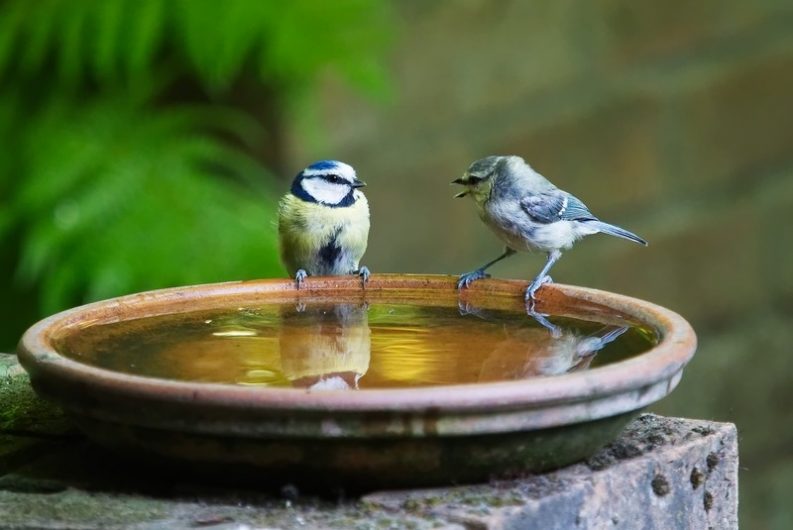
4. How can I avoid overcrowding and competition?
When food is scarce, birds can become territorial. To avoid squabbles and stress, set up multiple feeding stations around your garden. This allows several species to feed comfortably and safely without competing for the same space.
Use a mix of different feeder styles, hanging feeders for finches, ground trays for robins and blackbirds, and suet cages for tits or starlings. Varying your feeder types and locations not only attracts a greater variety of birds but also reduces the spread of disease, as fewer individuals are feeding in the same spot.
If you have space, consider adding feeders at different heights, some species prefer feeding close to the ground, while others feel safer higher up.
5. How often should I clean bird feeders?
Clean feeders are happy feeders. Over time, uneaten food, droppings, and damp weather can create a breeding ground for bacteria, fungi, and parasites. To protect your garden visitors, clean feeders every one to two weeks using warm soapy water or a mild disinfectant, then rinse and dry thoroughly.
For added hygiene, rotate feeding areas every few weeks if possible, and rake or sweep away old seed husks and droppings beneath feeders. This prevents mould from building up and discourages rodents.
Remember, good hygiene isn’t just about appearance, it’s one of the most important steps you can take to keep your local bird population healthy and thriving.
6. How can I stop squirrels from stealing bird food?
Squirrels are clever acrobats with a talent for raiding feeders! While it’s lovely to see wildlife in all forms, too many squirrels can scare off smaller birds and empty your feeders in no time.
To keep things balanced, try these tricks:
- Use squirrel-proof feeders fitted with metal cages or spring mechanisms that close under heavier weight.
- Add chilli powder or use hot pepper-flavoured seed mixes, birds can’t taste the spice, but squirrels will quickly move on.
- Hang feeders on metal poles or add a baffle (a smooth plastic or metal cone) to stop climbing.
Providing a separate feeding area for squirrels away from bird feeders can also work, offer them maize or nuts in a dedicated spot so everyone gets their share.
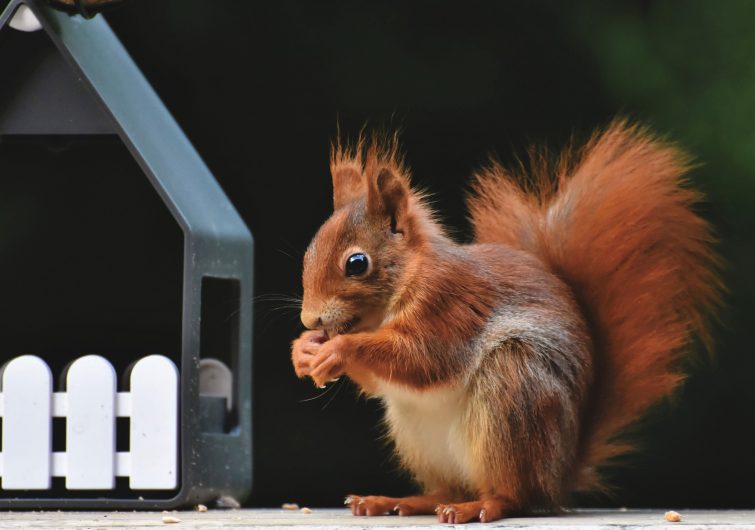
7. How much food should I put out?
When it comes to feeding, less is more. It’s better to offer small amounts and top up regularly rather than leaving feeders full for days. This keeps food fresh, reduces waste, and prevents it from going damp or mouldy, particularly in wet Irish weather!
Keep an eye on how quickly your feeders empty. If they’re still half full after a few days, try adding less. During harsh weather, you can increase the quantity, birds will appreciate the extra boost when natural sources like insects and berries are scarce.
Consistency matters more than quantity: regular, moderate feeding helps birds rely on your garden as a safe, dependable food source throughout the year.
8. What foods attract different types of birds?
Different species have their own favourite foods, so offering a varied buffet ensures a lively, colourful mix of visitors. Here are a few reliable options:
- Nyger seeds: Attract Goldfinches and Siskins, with their delicate beaks made for small seeds.
- Peanuts: Loved by Blue Tits, Great Tits, and Woodpeckers. Always use unsalted, unroasted peanuts.
- Sunflower hearts and black sunflower seeds: Perfect for Chaffinches, Greenfinches, and House Sparrows.
- Suet balls, suet pellets, or fat blocks: High in energy and perfect for winter, drawing in Robins, Wrens, and Starlings.
- Mealworms: Ideal for insect-eating birds such as Robins, Blackbirds, and Song Thrushes.
Avoid bread, as it offers little nutrition and can quickly turn soggy. Instead, focus on seeds, nuts, and high-energy suet that provide real sustenance, especially during colder months.
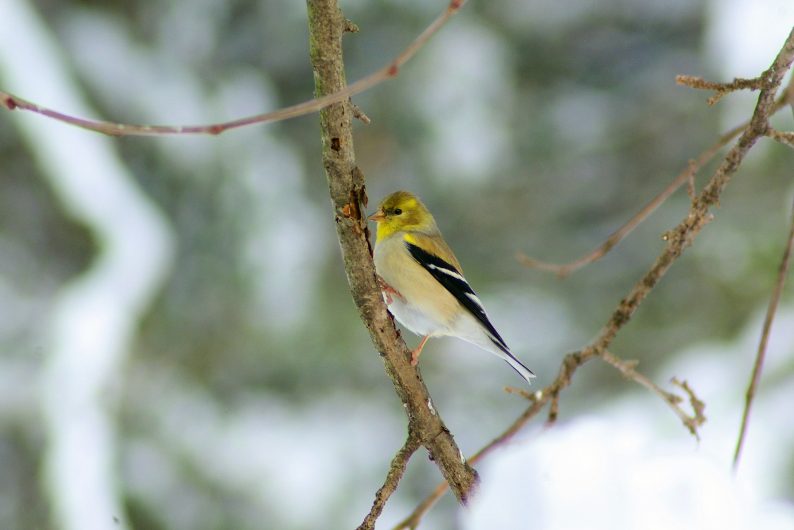
How to Make Your Own DIY Bird Feeder
Looking for a fun, family-friendly project? Making your own bird feeder is a great way to reuse materials and get creative. All you need is a plastic bottle, wooden spoons, or a coconut shell, some string, and a handful of bird seed.
Children love helping with this activity, it’s a hands-on way to learn about wildlife and sustainability. Plus, you can hang your homemade feeder anywhere in the garden and watch who shows up first!Check out our Instagram Reel for a step-by-step guide on creating your own bird feeder at home using simple, eco-friendly materials.
Feeding wild birds isn’t just a kind gesture, it’s a meaningful way to support local biodiversity and bring a sense of life and movement into your garden. With a bit of preparation, regular cleaning, and thoughtful feeding, you can turn even the smallest outdoor space into a safe haven for wildlife.
For more expert tips on caring for wildlife, gardening, and outdoor living, visit the Tírlan CountryLife Blog for seasonal advice and inspiration.
Get in Touch!
If you have any questions about feeding your birds contact us on social media- @CountryLifeGC (Links in footer). If you have a specific problem such as pest damage it’s really helpful to send us a picture- we’d love to help!
SHOP PRODUCTS
All products mentioned in the above blog can be bought on countrylife.ie or in you local CountryLife branch. To find your nearest store click here.
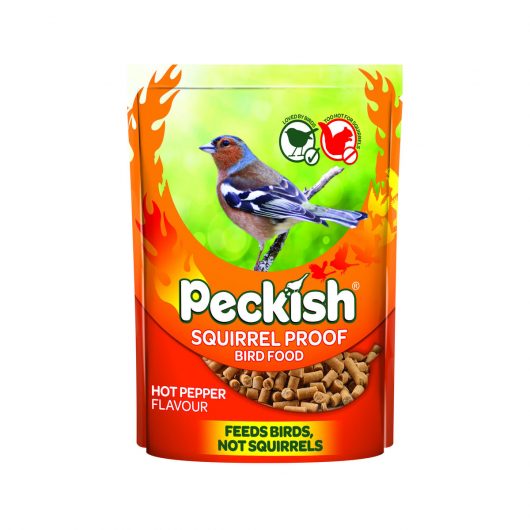
Peckish Squirrel Proof Bird Food 1kg
Peckish squirrel proof bird food suet pellets are high in energy with added hot pepper flavour which make them squirrel proof.
Price: €6.99
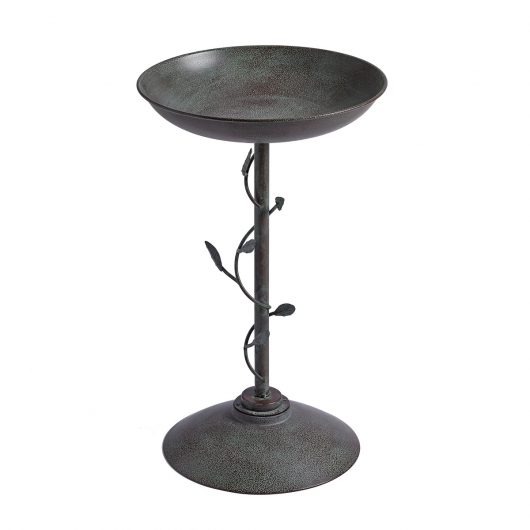
Peckish Secret Garden Bird Bath
An easy to assemble attractive black metal bird bath that will attract an variety of wild birds to your garden all year round. No tools are required for assembled meaning you can enjoy this addition to your garden instantly.
Price: €46.99
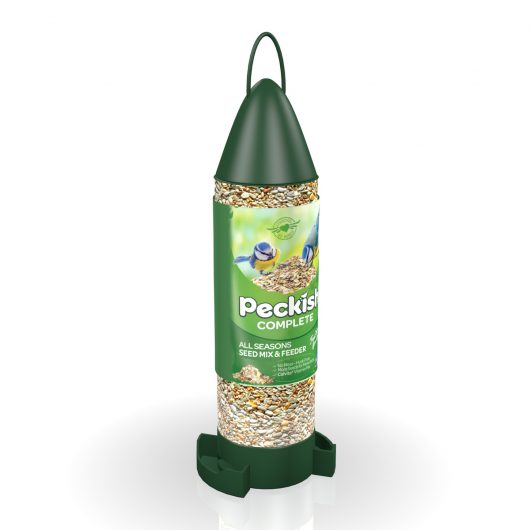
Peckish Complete Easy Feeder
The Peckish Complete Easy Feeder is the ideal feeder for both beginner and experienced bird feeders. The ready to use filler is already stocked with Peckish Complete All Season Mix, proven to attract birds to your garden. The bird feeder is easy to use and refillable.
Price: €7.99

